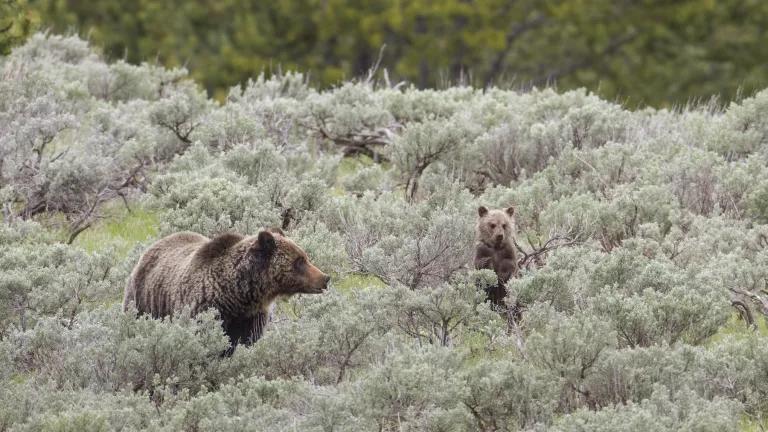
Parties to the Convention on International Trade in Endangered Species (CITES) today banned the international commercial trade in all eight species of pangolin by transferring them to Appendix I—the strictest protection available under international law. The vote was overwhelming at 114 to 1 for the Asian pangolin proposals and a unanimous vote in favor of the African pangolin proposals.
It’s about time!
As the world’s most-trafficked mammal, pangolins—which reside in both Asia and Africa—need all the help they can. More than one million pangolins were poached over the last decade due to soaring demand—primarily for their scales, which are powdered and consumed for their unproven medicinal benefits. Pangolins are also desired for their meat, which is considered a delicacy in some countries. Soaring demand has led to surging prices, which incentivizes even more poaching. For example, the price of 1 kg of pangolin scales in China has increased by 250% over the last 5 years, while the price of African pangolins has also skyrocketed.
The U.S. has been a huge leader in increasing protections for pangolins, in part because our country plays a big role in the pangolin trade—mainly as a transshipment point. Fortunately, the U.S. has seized many of these imports, which claim to be legal but aren’t.
Pangolins have been protected under CITES Appendix II for many years, as well as by many countries’ domestic laws. But the status quo clearly isn’t working, which is why today’s decision is so critical. The Appendix I listing will ban legal international commercial trade in pangolins, which will solve many of the current problems whereas exporting countries lack the knowledge, capacity, and/or interest in enforcing requirements for legal trade. It will also significantly reduce the illegal trade in pangolins by preventing the situation whereby the legal pangolin market has created a parallel illegal market.
The move comes on the heels of a decision by the International Union for Conservation of Nature (IUCN) World Conservation Congress to increase pangolin protections.
These victories—especially when considered together—make clear that the world agrees: pangolins need help and we’re going to get it for them.




